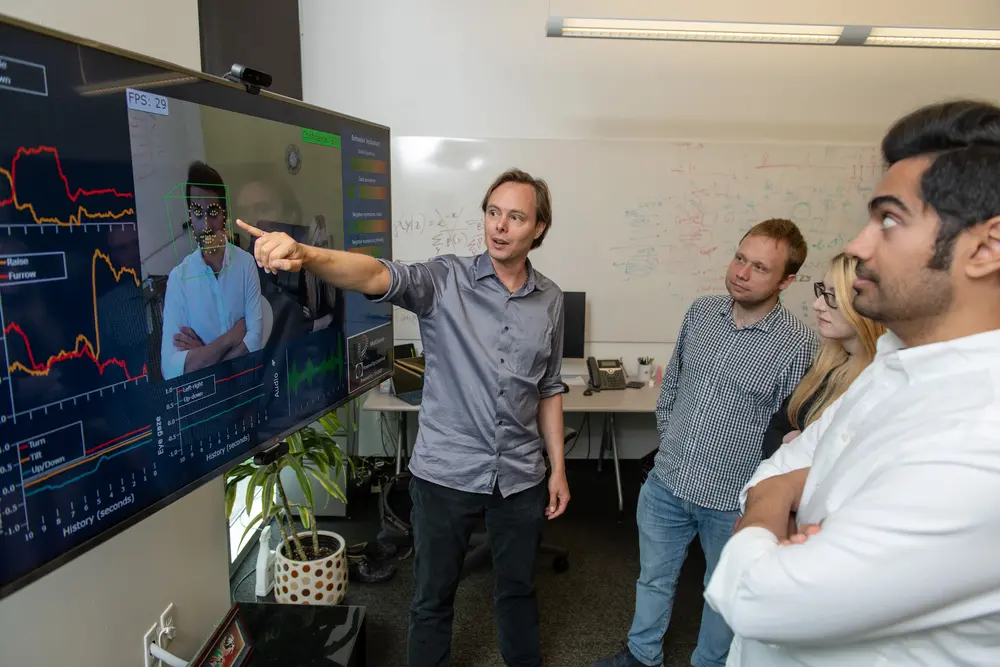Computer Science
Architects in the computer lab, building machines and manifesting better technology.

"Once I was at CMU, I saw that there were so many facets to computer science. That was the excitement — once I started realizing that computer science was linked to literally every other field possible in the world."
School of Computer Science
Computer Science
Research fans, rejoice: You’ll be all kinds of engaged in this program, which gives you firsthand experience in real-world work as an undergraduate. In pursuing this degree, you’ll gain a strong foundation with core computer science and project-oriented courses. But these are balanced with humanities courses and a required additional area of study, all of which will make you a better-rounded computer scientist. Ultimately, you’ll gain the tools, skills and knowledge to keep up with technology as it evolves — so that as it advances, so will your career.
Class of 2023, Six Months After Graduation
96%
Employed or in Grad School
$150,484
Average Salary
Recent Employers
Jane Street
Amazon
Microsoft
Meta
High School Course Requirements
*Four years of mathematics should include at least algebra, geometry, trigonometry, analytic geometry, elementary functions (pre-calculus) and preferably calculus. Advanced mathematics courses are encouraged, especially a course in calculus.

Mix It Up
You’re not just one thing. You’re a scientist. An artist. A technologist. A maker. A writer. Carnegie Mellon has been mixing it up for decades, and whatever you want to pursue, we’ve got the right mix for you.